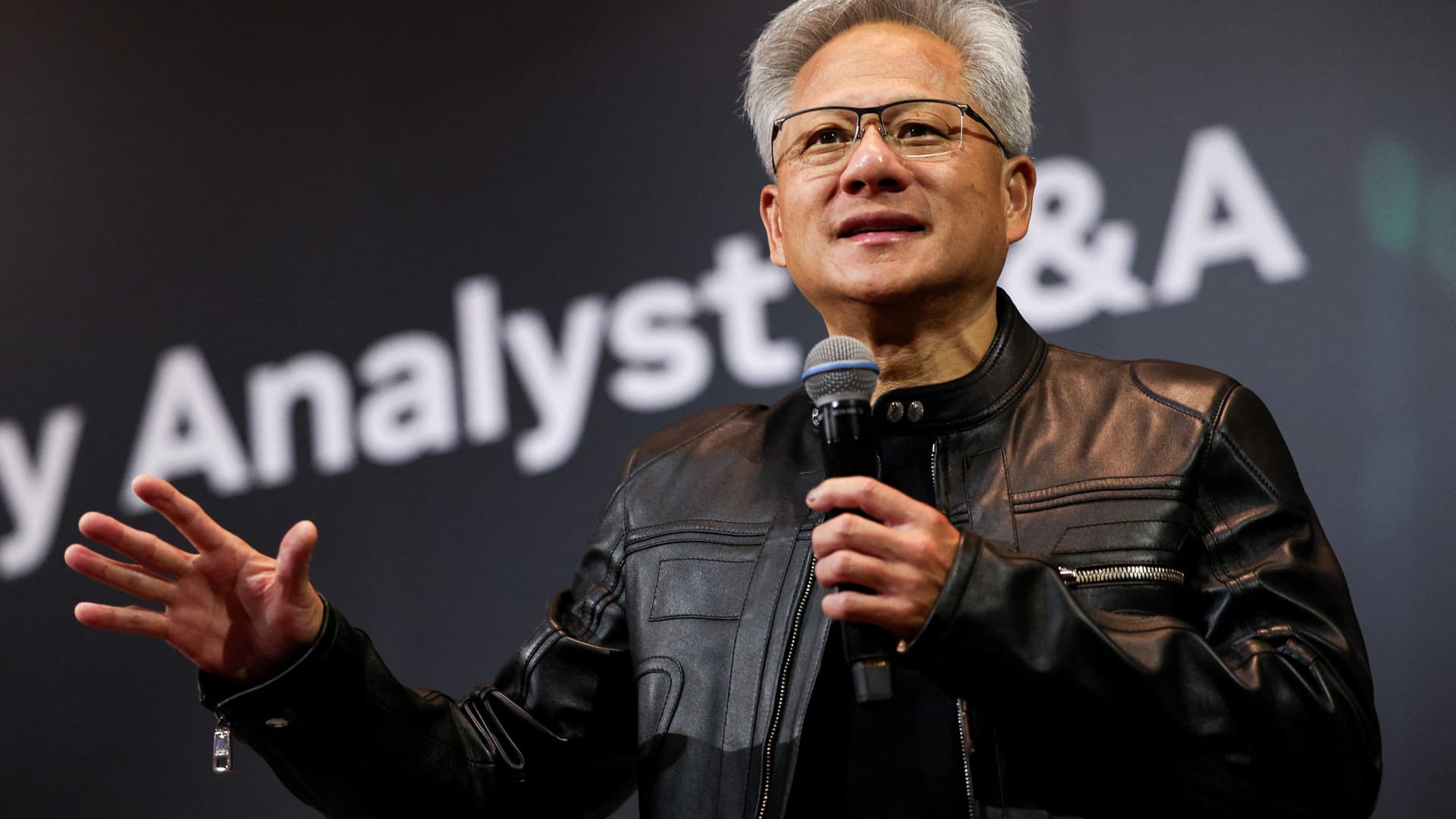
Meta Description: Nvidia's Jensen Huang praises TSMC as one of history's greatest companies, highlighting the critical chip partnership powering AI growth and Taiwan's strategic role.
When the CEO of the world's most valuable chip company publicly calls another firm one of the "all-time greats," it matters. During a visit to Taiwan, Nvidia's Jensen Huang praised Taiwan Semiconductor Manufacturing Company, saying buying its stock is "very smart." This endorsement reflects a deeper reality: the Nvidia TSMC partnership is central to modern AI hardware development and the broader semiconductor supply chain.
TSMC is the largest contract chipmaker globally, producing advanced node semiconductors for companies without in house fabs. Controlling roughly 54 percent of the foundry market, TSMC manufactures the high performance processors that power data centers, AI accelerators, and neural network workloads. For Nvidia, TSMC produces GPUs built on 3 nanometer and 5 nanometer processes and is advancing toward 2 nanometer class technology that supports Nvidia's AI chip roadmap 2025.
Huang's praise highlights more than corporate respect. Taiwan's role as a semiconductor hub places TSMC at the center of U S China export policy, diversification initiatives, and supply chain resilience planning. While TSMC is building manufacturing in locations such as Arizona to diversify capacity, Taiwan remains the primary production base for the most advanced nodes.
For investors and technology leaders, this means evaluating AI hardware investment opportunities with awareness of both upside and concentrated operational risk. Goldman Sachs and others project robust demand for AI related chips; estimates suggest the market for AI driven semiconductors could reach hundreds of billions of dollars by the mid decade. That growth underpins investor interest in companies that control critical pieces of the AI infrastructure, whether in design or foundry services.
Practical takeaways: prioritize analysis of a company's role in the AI chip ecosystem, look for firms with advantaged process technology, and factor in supply chain exposure when assessing risk. Search intent queries you might consider include "AI accelerator chips forecasts 2025," "TSMC capacity expansion 2025," and "semiconductor supply chain challenges 2025." These long tail terms capture investor and technical interest and align with how people search for in depth technology and market coverage in 2025.
Jensen Huang's comments are more than flattery. They recognize a partnership that helps define the pace of innovation in AI hardware. As Nvidia advances its AI chip roadmap and TSMC pushes process node leadership, the relationship illustrates how specialized collaboration drives competitive advantage. For businesses and investors watching the sector, the Nvidia TSMC dynamic is a clear signal about where value and risk are concentrated in the evolving semiconductor landscape.
Author: Pablo Carmona, Beta AI



